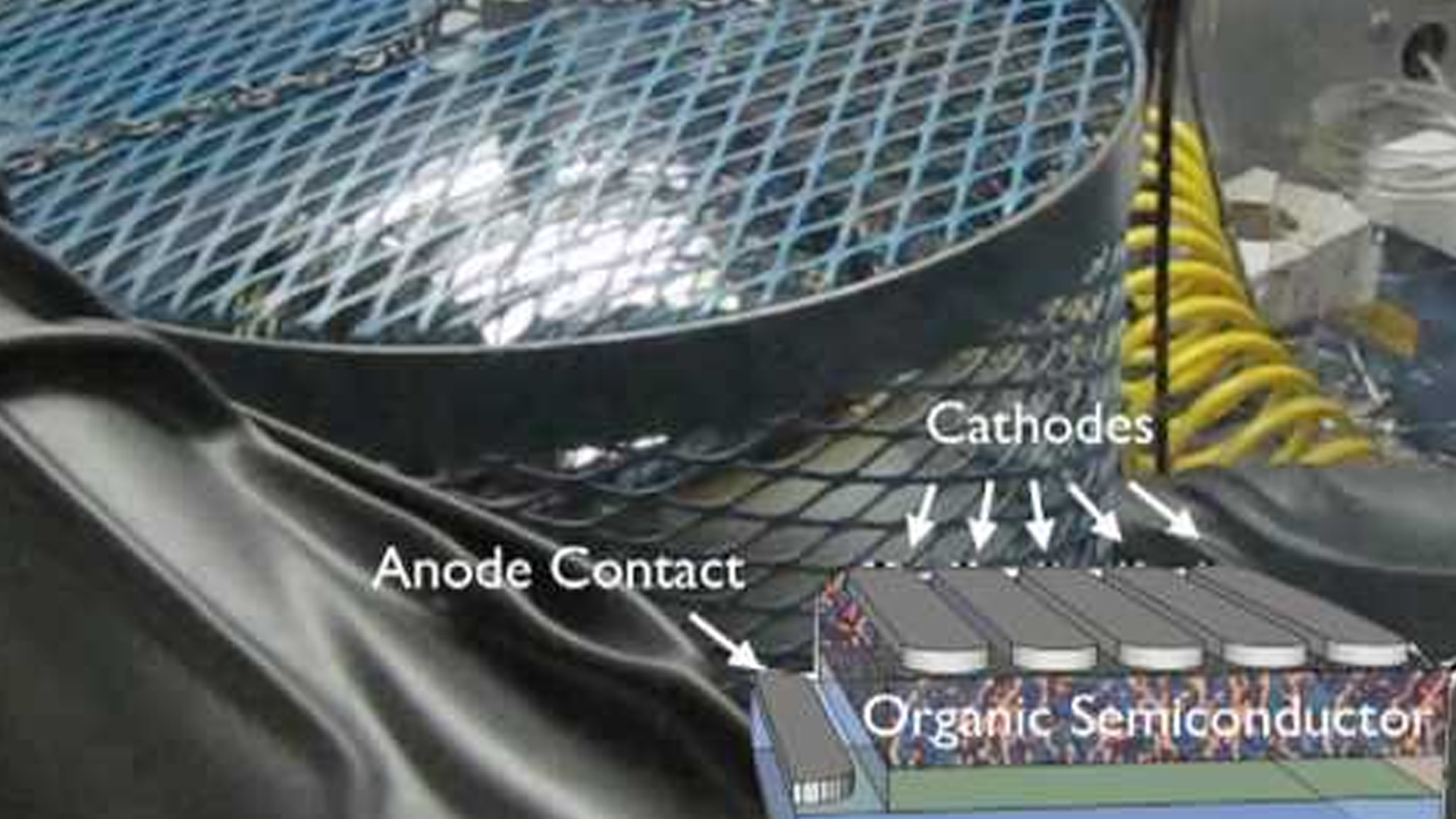News Article
German Approval
Kyocera Solar Module first to pass testing of TUV Rheinland's independent 'Long-Term Sequential Test'
Kyocera Corporation announced that its main 210-watt solar module is the first in the world to have passed the major sub-tests of the new "Long-Term Sequential Test" performed by TUV Rheinland Japan Ltd. which independently evaluates solar module quality and reliability. Now that the market is promising up to 25 years of life for a PV module, end users are asking for more evidence to give them confidence in a solar investment.
The Long-Term Sequential Test which is conducted by the third party certification organization, TUV Rheinland, evaluates solar modules with four sub-tests: Damp Heat, Thermal Cycling, Humidity Freeze, and Bypass Diode. These test the module's overall performance and quality by putting it under harsher conditions than those standardized by the International Electrotechnical Commission (IEC). Furthermore, while conventional testing dictates that a separate individual module be used per sub-test, the Long-Term Sequential Test carries out all four sub-tests on the same module, thereby evaluating it under conditions closer to those a product faces over its actual lifetime.
The company's main 210-watt solar module (comprised of 54 multicrystalline silicon photovoltaic cells; mass-produced since 2008) has passed TUV Rheinland's major sub-testing for Damp Heat and Thermal Cycling — and Kyocera's module has proven to maintain a constant level of power output throughout. Furthermore, compared to conventional industry testing methodology, these two sub-tests evaluate modules over a longer time period. Currently, the company's module is undergoing the remaining sub-tests — Humidity Freeze and Bypass Diode — with the full Long-Term Sequential Test planned to be completed by December 2010.
"With many years of experience in the solar energy business dating back to 1975, Kyocera was the first company in the industry to successfully mass-produce multicrystalline silicon solar cells. Evidence of the long-term quality and reliability of our modules can be found in a 43kW solar power generating system that we installed in 1984 on our research center which is still generating electricity at an extremely high level compared to its original power output. The results of TUV Rheinland's new test further support Kyocera's own data collected over the years from actual installations," stated Tatsumi Maeda, vice president and general manager of Kyocera Corporation's Solar Energy Group. "TUV Rheinland's test results and data from our own long-standing installations prove the reliability of Kyocera modules, and provide our residential- and large-scale-use customers peace-of-mind in their solar investment."
"Now that the market is promising up to 25 years of life for a PV module, end users are asking for more evidence to give them confidence in a solar investment," says Mr. Stefan Kiehn, head of the PV testing facilities at TUV Rheinland Japan. "TUV Rheinland's Long-Term Sequential Testing does not guarantee that the product will be as perfect in 25 years as when it was purchased, but it can help manufacturers to better understand how their modules may behave after being in use for a long time. Until now this was only possible through real outdoor lifetime testing."
Kyocera provides products with outstanding reliability, assessing its product quality in-house and with third-party testing, in order to contribute to further development and expansion of solar energy use. As a manufacturer, Kyocera will continue to develop its solar cell technologies to create solutions for the energy and environmental problems our world is currently facing.





























